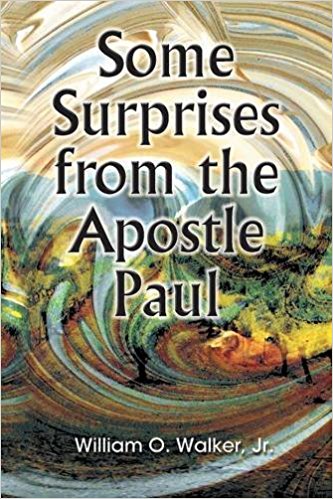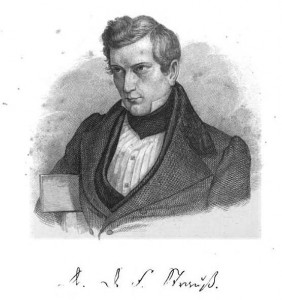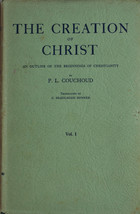I have long been intrigued by the second century “church father” Justin Martyr identifying himself as a philosopher, not a “priest” or elder or bishop or other ecclesiastical type of title. He left it on record that he came to Christianity after surveying a range of other philosophies, not religions.
Other posts addressing publications by Stanley Stowers:
- Saving Jesus From Hypocrisy: Explaining Jesus’ temper tantrum and mudslinging
- Understanding the Emotional Jesus: temple tantrums, name-calling and grieving
Passing references to Stowers in
Time-warp forward to 2001 and the chapter titled “Does Pauline Christianity Resemble a Hellenistic Philosophy?” by Stanley K. Stowers in Paul Beyond the Judaism/Hellenism Divide (edited by Troels Engberg-Pedersen) and we find a rather solid explanation for Justin’s identification, I think.
Stop thinking of the “Jewish Synagogue” as the model for Paul’s churches
One of the first points Stowers sets down is that
We must remember that first-century Jews were Judeans. Interpreters should not, in principle, segregate Judeans from Greeks, Romans, Egyptians, and so on by creating something suspiciously like a modern religion called Judaism. Even Jews who lived permanently in Rome or Alexandria were Judeans living outside of their traditional homeland and therefore similar to Syrians, Greeks, or Egyptians who lived abroad. (p. 83)
(Steven Mason makes the same point with his preference for the word Judeans in place of Jews in A History of the Jewish War, A.D. 66-74.)
What Stowers is trying to get through to us is that we need to jettison any notion that when Jews were meeting in synagogues they were in some sense being astonishingly different from anyone else, and it therefore follows that scholars should be very careful before suggesting that Paul’s churches (and gentile Christianity itself) grew out of the synagogue.
A synagogue is a meeting place or meeting practices of Judeans. In our language Judeans were an ethnic people. Unfortunately the idea of “the synagogue” as a Jewish church still haunts much scholarship. (p. 83)
Judean worship was similar to the worship of other gods
Stowers argues that before 70 C.E. Jewish worship, even in the Diaspora, was centrally focussed on the temple in Jerusalem. The great temple festivals, tabernacles, pentecost, passover, were celebrated by Judeans throughout the empire. These were agricultural festivals that celebrated the gifts of produce and livestock that God gave his people, of success in trading and in acquiring the blessings of children.
Temple time with its agriculturally oriented calendar shaped the calendar of the Jews (sic) in general. Pilgrimage to Jerusalem for the festivals and sacrifices was a major feature of the period. Many Judeans of the Diaspora directly participated in the temple cultus sometime during their lives. The temple tax that supported the daily sacrifices in the temple and the first fruit offerings that signified the ancient pattern of reciprocity and divine giving of productivity were among the major yearly efforts of Diaspora communities. (p. 84)
What of the place of the scriptures? It is generally agreed that the reading of scriptures was a very important for the religious life of Judeans. For Stowers,
The Torah, Prophets, and Psalms are . . . absolutely dominated by the centrality of the temple, priesthood and cult. The epics and myths of Judeans were about land, people, and socio-economic reciprocity with God and other Judeans. . . For Judeans, unlike for Christians, to study scripture was to be oriented toward an actual temple, a place where reciprocity with the divine was enacted in the imagined exchange of produce from the land and shop, womb and market. (p. 85)
Judean religion was focused on the idea of reciprocal exchange with God. God blessed his people; his people offered sacrifices and gifts and communal worship in return. And the temple was the focus of this exchange. Stowers writes that the religion of a Judean living 500 miles from Jerusalem differed little in principle from the one living 20 miles away.
Other cultural groups, those from places other than Judea, throughout the empire, recognized these Judean religious customs as counterparts to their own.
The dominant activities of the temple were sacrificial offerings of grain and animal products. Judeans shared these practices with Greeks, Romans, and most peoples of the Mediterranean world. Josephus proudly proclaims that Judeans share the practices of sacrificing domestic animals with “all the rest of humanity” (Ag. Ap., 2.137). (p. 85, my bolding)
Pauline Christianity did not look like a typical religion
Continue reading “Earliest Christianity Did Not Look Like a Religion”









